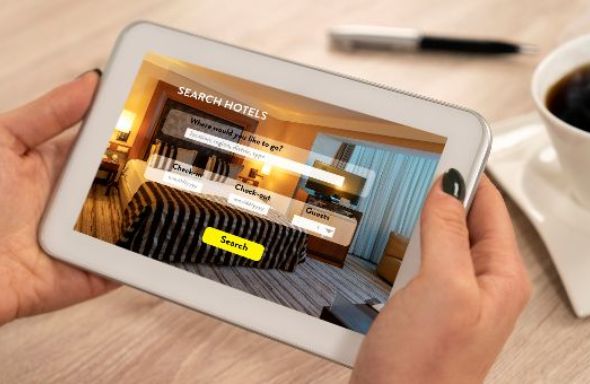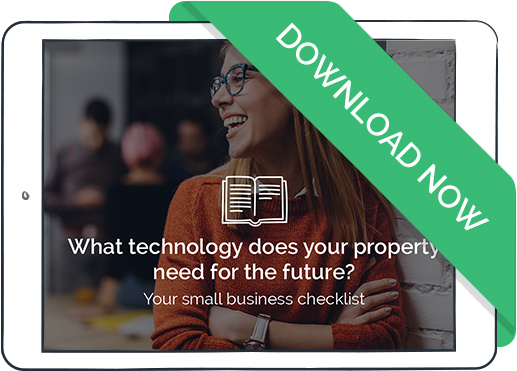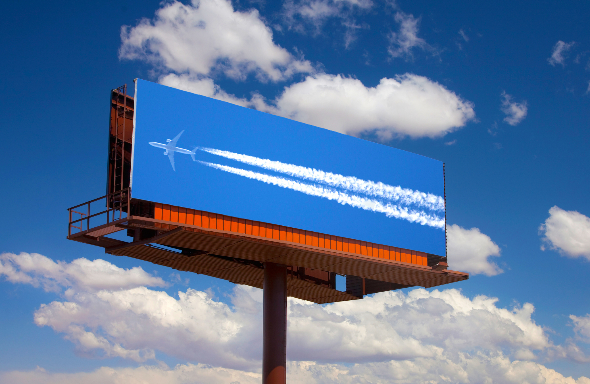
Happy to see you here! Ready to learn about tech?
Thinking about technology in the general sense can often be scary. Technology can seem complex, expensive, and hard to master. When you start thinking about using tech to run your property, instead of the methods you’re used to, it’s natural to feel apprehensive.
Ultimately though, it’s designed to be the opposite; creators and inventors of technology are trying to solve problems and make life easier for its users. If you’re just discovering hotel technology, this blog will give you a simple overview of technology in hotels, from an operational perspective.
We hope it helps you gain a better understanding. Let’s go!
What is hotel technology?
Nowadays the technology we speak of relates to computers, digitalisation, and electronics – the internet plays a central role as most technologies are now operated online.
Despite the size of the industry, hotel technology is still a young concept, having only established itself in the past decade or two. For this reason, there’s a big opportunity for many hoteliers to gain an edge over their competition by using tech to influence their decision making and also achieve their goals.
Hotel technology generally refers to the collection of tools and software property managers like you use to accomplish tasks at their small business. For businesses like yours, time very much equals money so most technology is designed around the principles of making things easier and quicker, while helping to improve the guest experience too.
What types of technology are available to your small property?
To quickly give you an idea of what types of technology you might come across, here’s a common list:
- Online distribution technology
- Direct booking technology
- Revenue management technology
- Property management technology
- Business intelligence technology
- Website and SEO technology
- Guest facing technology
- Marketing technology
This may seem overwhelming, we hear you. Many small properties tend to use property management technology as a primary solution, or use all-in-one systems that incorporate online distribution, direct booking technology, and websites.
Here’s an overview of each of these and how they’re making hotelier’s lives easier.
Property management technology
A property management system (or front desk system) is online software that helps to organise and automate a property’s operational tasks. It will aid managers and owners in keeping track of and updating reservations, inventory, check-ins and check-outs, housekeeping, guest profiles and communication, extras and promotions, and more.
A PMS is so handy because everything can be done at the click of a button and it updates instantly. Many systems are also mobile friendly or even have a mobile app so the property can be managed while you take care of other tasks such as buying supplies or changing the linen, on any device.
Property management systems can also work together with online booking engines and channel managers. More on them below.
Online distribution technology
Imagine updating your room details once, and it updating everywhere else automatically.In this space you’ll find channel managers, which simplify and increase your ability to sell your rooms via sites such as Booking.com, Expedia, Airbnb, or other online travel agencies (OTA’s) Channel managers allow you to connect to as many as you want without needing to split your inventory between the different sites. This is because the system communicates and updates data in real time to ensure you’re never double-booked. If a room sells on Booking.com, the number of available rooms would be reduced accordingly on all your other connected channels.
Direct booking technology
Direct booking technology is exactly what it says. It’s technology that enables your guests to book directly with you through what is known as a booking engine. An online booking engine allows you to accept bookings via your own website or social media accounts. Guests can simply click ‘book now’ on your sites and start the reservation process. Once a booking is completed you’ll receive all the revenue, without needing to pay a commission to anyone. For small properties running on a tight budget, it can be beneficial to avoid the commission fees of sites like Booking.com where possible. Their marketing power will always be useful however, so it’s important to find a good balance between the two channels.
Website technology
Having a website doesn’t mean you need expensive and time-consuming web developers. You can instead use a templated website builder. Hotel website builders are a piece of software that create beautiful, Google-friendly, websites in minutes. With the right provider, users don’t need any design skills or technical expertise to manage and update their website either. Everything is templated to be simple, but with enough customisation to be unique. The result is a website that travellers will take pleasure in exploring, and will be more likely to book the property after a positive online impression.
These technologies are cloud-based systems. To understand more about cloud technology and demystify how it works, click here.
In terms of other technologies, guest facing technology is also important for your small business. This refers to how guests will interact with your accommodation. Will the rooms have switches or buttons for lights? Bluetooth entertainment systems? Heated bathroom towel racks? The technology you install for your guests to enjoy will depend entirely on your budget and the brand image you are trying to build. The most vital thing is to give guests accurate expectations of their stay and meet those expectations throughout the stay.
How will hotel technology simplify life at your business?
Hotel software can help achieve your desired lifestyle, by saving you hours of time and making what was once hard, very easy. You don’t need to do it all yourself or do it the hard way. No one gets into hospitality to be stuck doing paperwork or scouring the books. Think of the software as an assistant that enables you to be more productive. Technology takes care of the boring stuff, allowing you to focus on the guests staying at your property. Having the time to be attentive to their needs will make you the perfect host and strengthen the success of your business.
The ability to manage your property remotely is also a huge benefit, giving you the freedom to live your life and run the business on your own terms, choosing where your time is best served.
Finally, technology also gives you that little extra insight into how your business is performing. This makes it easier for you to establish strategies and put plans into action at your property to win as many guests as possible and maximise profit. It can often be a necessary investment if you want your business to grow. One thing to remember is that not all tech is made equal or designed to be one size fits all. You need to look for solutions that cater to your individual property.
Key takeaways
- Technology is built to simplify tasks and save time
- As an innovation, hotel tech is still young and growing
- It can also aid in improving guest experience
- A property management system helps to organise and automate a property’s operational tasks
- Channel managers simplify and increase your ability to sell rooms via sites such as Booking.com, Expedia, Airbnb, or other online travel agencies
- An online booking engine essentially allows you to accept bookings directly via your own website or social media accounts
- Hotel website builders are a piece of software that create beautiful, Google-friendly, websites in minutes
- Hotel software can help maintain your desired lifestyle, by saving you hours of time and making what was once hard very easy
- Technology systems can collect and report on a lot of data, making it easier for you to establish strategies and put plans into action at your property

By Dean Elphick
Dean is the Senior Content Marketing Specialist of Little Hotelier, the all-in-one software solution purpose-built to make the lives of small accommodation providers easier. Dean has made writing and creating content his passion for the entirety of his professional life, which includes more than six years at Little Hotelier. Through content, Dean aims to provide education, inspiration, assistance, and, ultimately, value for small accommodation businesses looking to improve the way they run their operations (and live their life).
“It's so easy to use! Little Hotelier pulls all the info into one place and I can access it from anywhere. Brilliant really, very helpful support staff too.”
Owner, French Bay House




